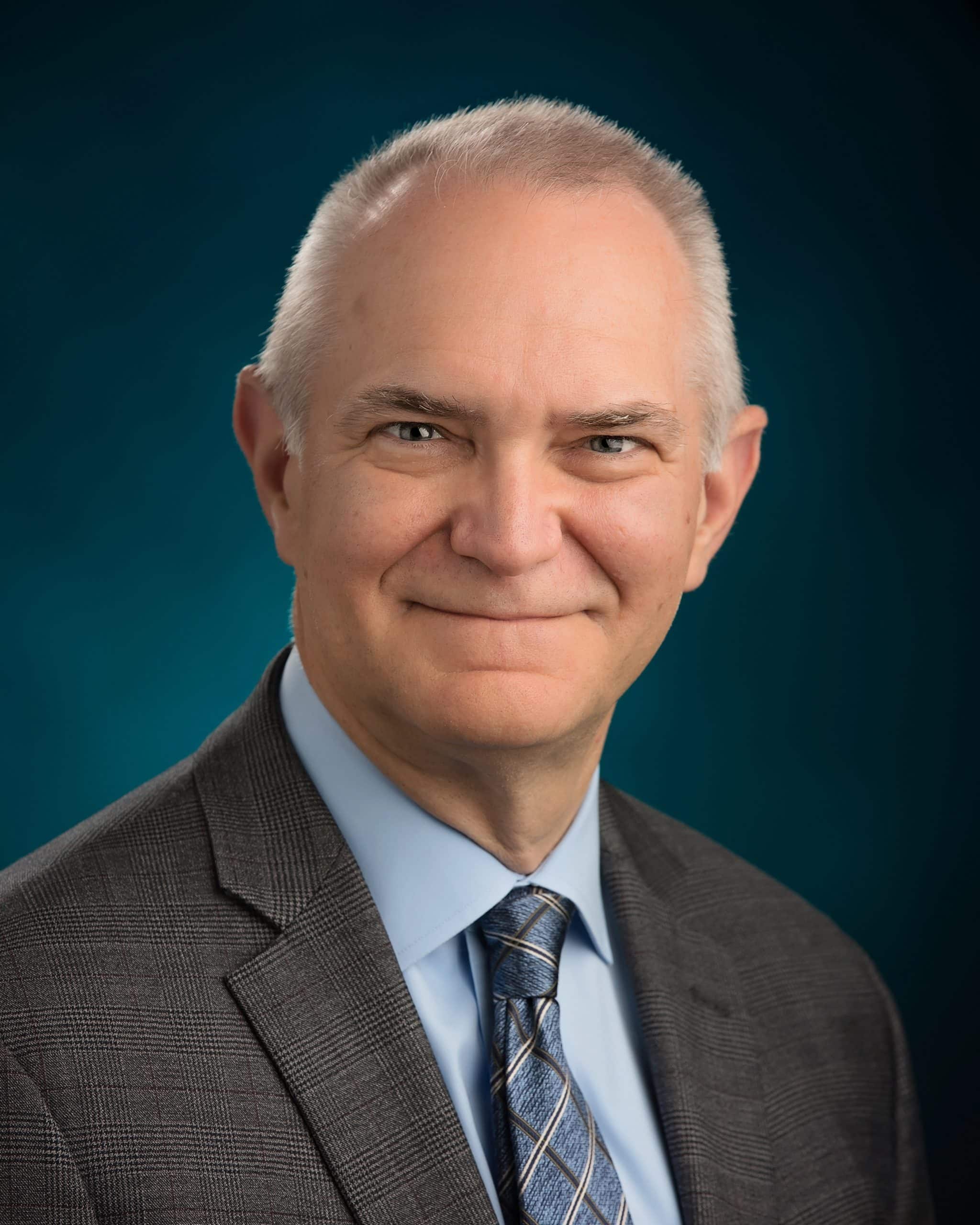The intersection of spiritual education and the teachings of the Bahá’í Faith is a profound and intricate tapestry woven from the wisdom of sages throughout history. This exploration traverses the fundamental concepts that underscore Bahá’í teachings, providing readers with a comprehensive understanding of how past sages influence contemporary spiritual education within the framework of the Bahá’í paradigm.
To commence, it is essential to define the overarching ethos of the Bahá’í Faith, which emphasizes unity, equity, and the holistic development of the human spirit. At the core of Bahá’í teachings lies the belief in the fundamental oneness of humanity. This axiom not only delineates the relationship among individuals but also extends to the educational processes that seek to elevate human consciousness. The role of sages, whose wisdom transcends temporal limitations, becomes paramount in shaping this educational journey.
First, one might ponder the types of sages who have influenced the evolution of spiritual understanding. Throughout history, various figures have emerged as embodiments of divine knowledge, serving as conduits for spiritual enlightenment. These sages, including philosophers, theologians, and mystics, have imparted profound insights that resonate with Bahá’í teachings. The likes of Rumi and the Persian philosopher Ibn Sina, for instance, have contributed immeasurably to the dialogue surrounding the spiritual and ethical dimensions of education.
Moreover, the Bahá’í Faith posits a dynamic relationship between the individual and the collective. Spiritual education is not merely an individual pursuit; it is a collective endeavor that fosters communal solidarity and empathy. Bahá’í teachings advocate for the development of a global community, wherein the contributions of sages serve to unify diverse perspectives. By engaging with their wisdom, individuals can cultivate an enriched understanding of their own spiritual journeys, ultimately contributing to a more harmonious society.
In exploring the themes of spiritual education, one must consider the transformative power of knowledge. The pursuit of knowledge is seen as a divine obligation within the Bahá’í framework. Sages throughout the ages have extolled the virtues of learning, urging individuals to pursue knowledge not for its own sake, but as a means of attaining a higher understanding of oneself and one’s relationship with the Divine. This synthesis of knowledge and spirituality is crucial in cultivating a well-rounded individual who embodies Bahá’í principles in their daily life.
Furthermore, spiritual education in Bahá’í contexts is predicated upon the promotion of moral values. The teachings emphasize the importance of nurturing virtues such as kindness, integrity, and compassion. Sages, both ancient and modern, have echoed this sentiment, underscoring the necessity of ethical development as a foundational component of spiritual growth. It is through cultivating moral virtues that individuals can effectively engage with and contribute to their communities, thereby fulfilling their responsibilities as global citizens.
As one delves deeper into this topic, it becomes evident that the legacy of spiritual education is richly interwoven with the narratives of sages from various cultural backgrounds. Cultural diversity acts as a catalyst for a more expansive comprehension of spiritual truths. The Bahá’í teachings advocate for an inclusive approach, embracing the wisdom of different cultures while presenting a cohesive worldview. This pluralistic perspective allows for a holistic educational environment, wherein individuals are exposed to a myriad of spiritual insights that facilitate personal growth and community cohesion.
In addition to the philosophical and moral dimensions of education, the significance of practical application cannot be overstated. The teachings encourage individuals to not only absorb theoretical knowledge but to apply it in real-world scenarios. Sages have consistently emphasized the importance of lived experiences as a means of deepening one’s understanding. This emphasis on practice leads to transformative action, allowing knowledge to manifest in tangible ways within communities. Bahá’í practices, such as community service and social justice initiatives, serve as exemplars of this principle, illustrating how spiritual education can drive societal progress.
Moreover, contemporary educational paradigms within the Bahá’í community reflect the essence of spiritual education espoused by sages. The Bahá’í approach to education prioritizes character development alongside academic achievement, ensuring that students are not only informed but also well-rounded individuals equipped to navigate the complexities of the modern world. This holistic model creates an environment conducive to nurturing future generations of sages, who will in turn contribute to the ongoing legacy of spiritual enlightenment.
As we reflect on the role of spiritual education informed by the teachings of past sages, it is imperative to recognize the reciprocal nature of learning. The interplay between teacher and student is not one-directional; instead, it flourishes through mutual engagement. This collaborative dynamic enhances the learning experience, allowing discussions that transcend generational boundaries. Engaging with the works and lives of sages can ignite inspiration and empathy, fueling a collective aspiration towards a more enlightened existence.
In conclusion, the Bahá’í perspective on spiritual education, enriched by the wisdom of sages, encapsulates a multifaceted approach aimed at fostering unity, moral development, and practical engagement. The teachings serve as a guiding light, illuminating the path towards a more equitable and harmonious world. By embracing the insights of past sages, individuals are invited to embark on a transformative journey of spiritual growth, ultimately contributing to the collective advancement of humanity. As new sages emerge, the cycle of education and enlightenment continues, nurturing the seeds of wisdom in generations yet unborn.
